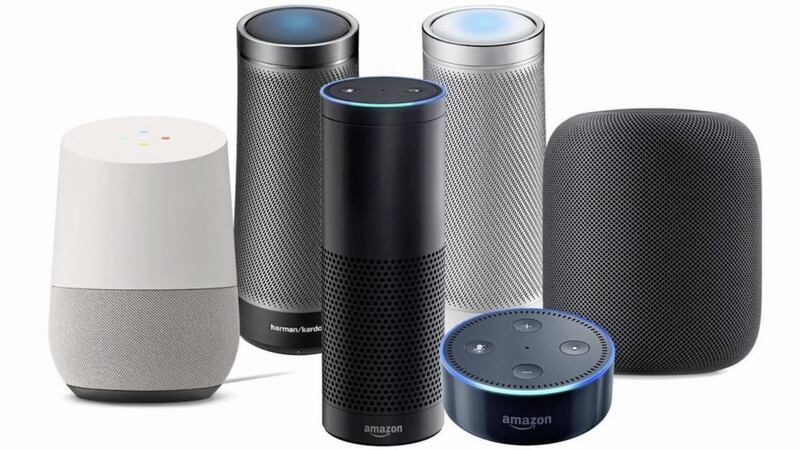THE rapid rise to prominence of the smartphone has been clear for all to see in recent years. With the variety of brands, models and airtime plans available there is something out there for everyone and we are relying on them to help us run more parts of our daily lives than ever before.
Deloitte’s eighth annual Mobile Consumer Survey highlighted just how extreme this growth has been and the effect it may be having on us.
If you’ve ever felt like you just ‘can’t put it down’ you’re not alone. According to our survey of 54,000 people across 35 countries – including more than 4,000 in the UK - 46 per cent of respondents felt a need to constantly check their phone and more than a quarter claimed to feel ‘FOMO’ or the ‘fear of missing out’ if they don’t.
Smartphones are one of the greatest technological advances in the past few decades. Most smartphones are now equipped to carry out many new and exciting functions such as video chatting, finger print security, eye pupil security, laptop-grade storage, VR quality display screens, water resistance and more. With so many features available on one device it should perhaps be no surprise we overuse them.
Some 39 per cent of smartphone users in the UK - equivalent to 17 million people - believe they use their smartphone too much but perhaps the key finding in the report is that this is having negative effects on friends and family relationships as well as causing distraction from their work days.
On a positive note, of that 39 per cent some, 83 per cent would like to do something about it, so it's clear there is an understanding of the problems that can arise and more importantly there is a real willingness to reduce this digital binge culture. As with many other advances in the digital world, measurement is likely to be part of the solution.
Paul Lee, head of research for technology, media, and telecoms at Deloitte has said that: “Over the next 12 months, the latest mobile operating software upgrades will enable tens of millions of smartphone users in the UK to start measuring their usage levels. This should allow for a more mature approach to smartphone use and limit usage to an acceptable level.”
At this point you might be thinking that this is more of a problem for teenagers and young people and typically the increase in smartphone use has been attributed to the Z generation. However, an interesting finding from the report suggests that this stereotype does not apply to all areas of the ‘smart’ world.
Overall ownership of smart speakers has more than doubled in the last year. But for older consumers aged 55-75 years-old, adoption of smart speakers has trebled since 2017, increasing by six percentage points to 9 per cent in the last year.
The use of voice-assisted speakers is highest among 45-75 year olds, with 63 per cent using a smart speaker daily. In contrast to their older peers, only 40 per cent of 18-24 year-olds use one daily.
It suggests voice assistants are appealing to older generations who are less inclined to swipe and type than their younger peers. Whereas millennials and generation Z users have grown up using digital devices to type, tap and swipe, older users are much more comfortable speaking a request to a machine, avoiding the need to find reading glasses, or navigate to an on-screen menu.
This serves to illustrate that while better measurement and awareness of our smartphone usage might help us limit screen time, we shouldn’t assume it will impact on the amount we interact with the digital world.
People will still expect information and services to be available instantly, we’ll perhaps just hear more of us asking for that information or service out loud in future.
:: Danny McConnell is technology partner at Deloitte








